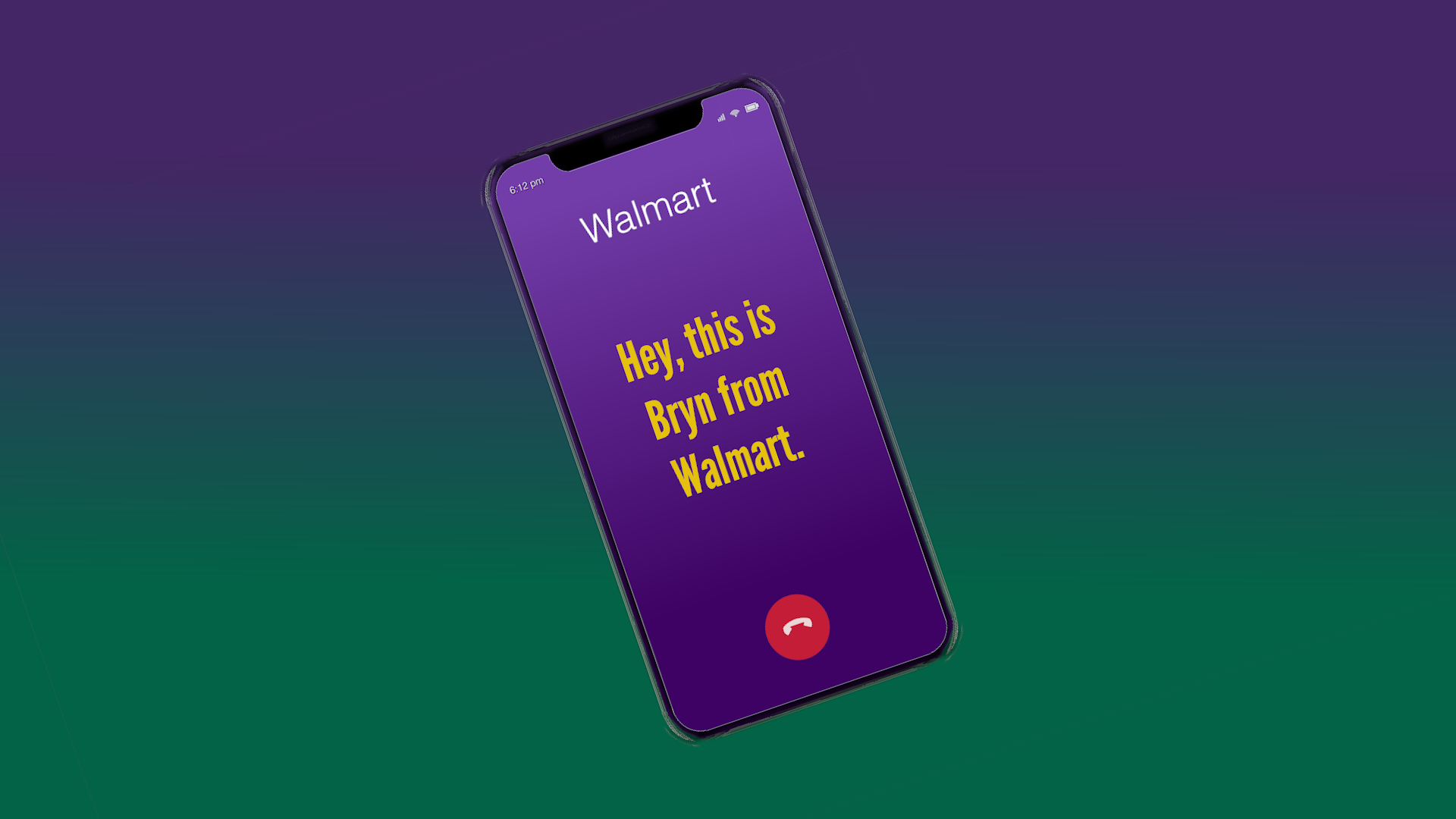FACT CHECK: Can you lower your electric bill with Leonardo DiCaprio, Elon Musk & the City of Philadelphia?
BY KERRY TOMLINSON, AMPYX NEWS
Shady dealers are flooding inboxes with claims of energy-saving devices that will help you conserve electricity and money.
In one case, they're invoking the names of a billionaire, a famous actor, and an entire city.
But what's the real story?
Watch here:
POWER PLAY
At first glance, you might think you're going to save big money.
The email shows actor Leonardo DiCaprio and billionaire Elon Musk uniting to offer up the Pro Power, an allegedly power-saving device.
You plug it in, the ads claim, and you automatically reduce the power you use and walk away with much lower electric bills.
Spoiler alert: it's a scam.
The email shows the sender's name as “Musks Saver.” But if you check the sender's address, you'll see it is marketing@phila.gov.
Phila.gov is the website for the City of Philadelphia, so you might think the City of Brotherly Love is also the City of Energy Conservation, pushing people to use helpful devices.
NOT SO FAST
Is Philadelphia's marketing department promoting this supposedly money-saving device? No.
City officials said marketing@phila.gov is not a real city email account. The address has been spoofed, or faked, they said.
But people may be more likely to believe the fake device works if it comes from city employees, who might encourage people to reduce energy use.
Return to sender
Who is it really from?
We checked the email header and found a possible sender: nvpTkTPrTmm@hotmail.co.uk, definitely not a Philadelphia city address.
As for that Pro Power device, the email message says there are only 14 left.
But a quick search will show you that the internet is flooded with them, from $6.99 to nearly $50. There are many different names, like Power Pro, Pro Saver, Pro Power Save, WattSaver and more.
Consumer experts have been warning about these kinds of devices for years. Trading standards officers in the UK tested some of devices and found that they did not work as promised and were actually unsafe, the BBC reported.
Recalls were issued because they could cause fires or electrocution, the article said.
ENergy fakes
Cyber crooks posted fake news articles about similar devices in 2023, claiming that Elon Musk was behind a gadget called the WattSaver.
Reuters did a fact check and found that the news stories were fake and the claim untrue.
In 2022, scammers promoted a similar device called EcoChamp with video stolen from real news stories. One ad showed news video of an electrical engineer named Chris Sistrunk with a fake quote supporting the device.
At the time, the real Chris Sistrunk told Ampere News, "In reality, it's a piece of junk that when you crack it open is just two green LEDs, some resistors, and a capacitor. None of these things will reduce how many watts you will use in your home and thus reduce your electric bill."
But the scammers hope the lure of big names, edited pictures of celebrities, and the boost of an entire city will convince you to try it anyway, adding to their money savings, not yours.
WHAT CAN YOU DO?
Make a habit of checking the sender's address as well as their name when you receive an email. If the address does not match the name or company, verify before you respond. A match, hover, does not always guarantee that the email is real.
The chief information security officer from the City of Philadelphia, Damian Oravez, offers advice to protect yourself from fake emails.
Look for incorrect email addresses or links, for example, "microsoft" with an "rn" instead of an "m".
Watch for signs of fake urgency in the message, such as the claim that there are only 14 devices left.
Beware of unexpected requests for personal information.
Don’t click on links or attachments you're not expecting and haven't verified. Even if you know the sender, it’s a good idea to verify first.
Contact the person you believe to be the sender in your own, without using information in the email.
If you can't verify the message, do not click on links or attachments.
The Pro Power email claims that there are free trials available, and you might even get the device for 100% off the price. Some might click on the link, thinking no money is at risk. But cyber crooks use promises like these as lures to steal money or plant malware on your phone or computer, so there is still a risk.
ALSO IN THE NEWS:
Are scam callers using a Donald Trump copycat voice to trip you up?
Fake authors are swindling people with shady AI travel guides
MORE FROM AMPERE NEWS









